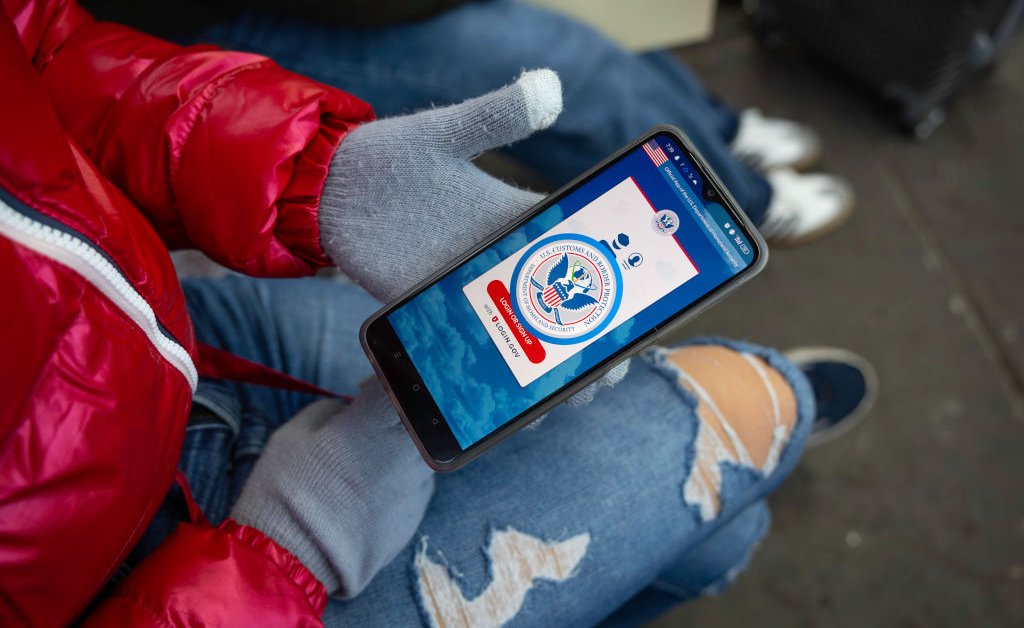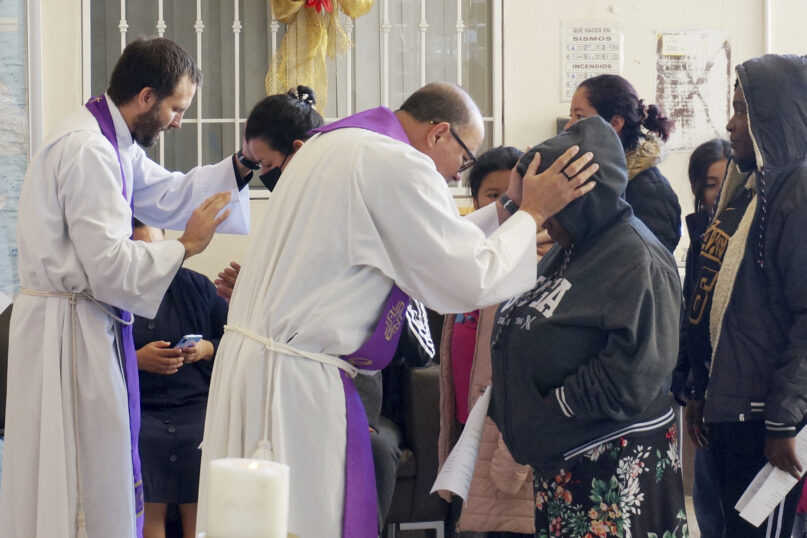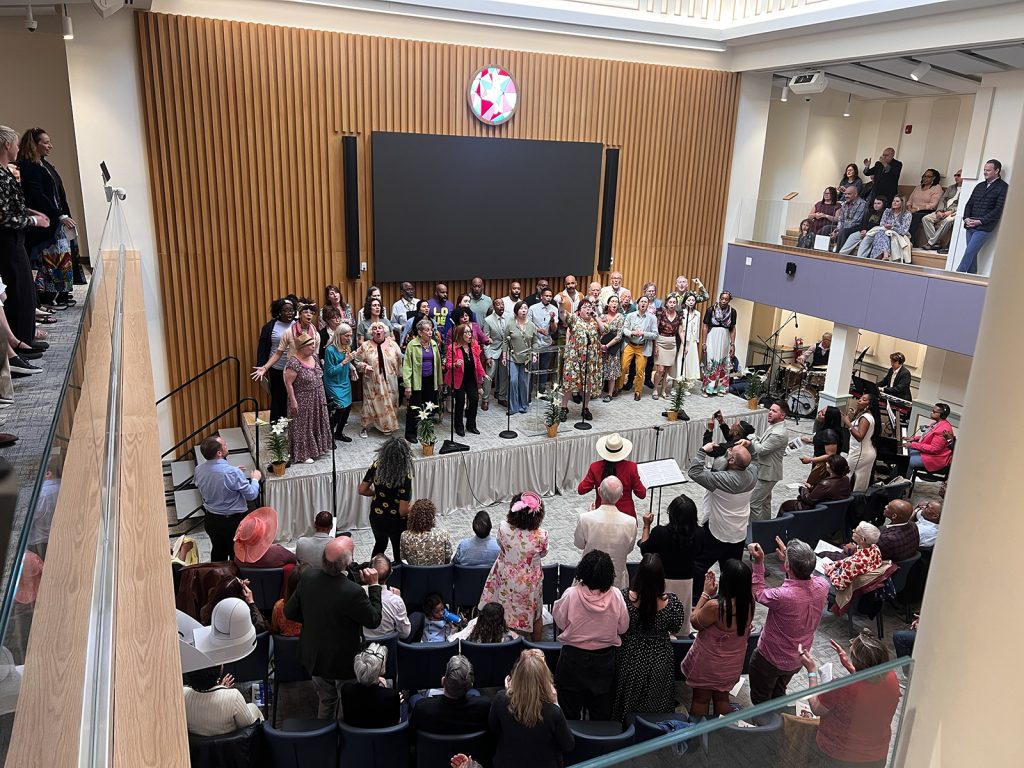Now Reading: After Shuttering CBP One App, Trump DHS Tells Migrants—and Some Citizens—to Leave U.S.
-
01
After Shuttering CBP One App, Trump DHS Tells Migrants—and Some Citizens—to Leave U.S.
After Shuttering CBP One App, Trump DHS Tells Migrants—and Some Citizens—to Leave U.S.

McALLEN, Texas — Hubert Montoya found it amusing when the U.S. Department of Homeland Security sent him an email urging him to depart the country immediately to avoid deportation consequences, despite him being a U.S. citizen. The Austin, Texas-based immigration lawyer termed it as ridiculous. This incident occurred due to a glitch in the Trump administration’s rollback of a Biden-era policy that permitted individuals to reside and work in the country temporarily. U.S. Customs and Border Protection has silently revoked the two-year permits of over 900,000 individuals who used the CBP One online appointment app at U.S.-Mexico border crossings since January 2023.
The cancellation of CBP One permits has not been as publicized as the termination of Temporary Protected Status for hundreds of thousands or the revocation of humanitarian parole for individuals from Cuba, Haiti, Nicaragua, and Venezuela. These actions were typically accompanied by official notifications in the Federal Register and press releases, which were halted by judges after legal challenges from advocacy groups. Unlike these formal procedures, CBP One cancellation notices started appearing in inboxes in late March without prior notice, instructing some recipients to leave immediately and others within seven days, even targeting U.S. citizens.
One such individual, Timothy J. Brenner, a lawyer from Connecticut residing in Houston, was instructed on April 11 to depart the U.S. Concerned, he wondered if the administration was targeting immigration attorneys deliberately. CBP confirmed issuing notices terminating temporary legal status under CBP One, without specifying the number affected, which totaled 936,000 beneficiaries by December’s end.
CBP mentioned that notices may have been mistakenly sent to unintended recipients, such as attorneys, if beneficiaries provided contact details for U.S. citizens, and they are handling these instances on a case-by-case basis. Online chat groups are filled with fear and confusion, believed to be the administration’s strategy. Advocates like Hillary Li from the Justice Action Center highlighted the issue of uncertainty surrounding the notices, with reports emerging from attorneys and individuals unsure about the implications.
President Trump had suspended CBP One for new arrivals immediately after taking office, but those already in the U.S. presumed they could stay until their two-year permits expired. The unexpected cancellation notices shattered this temporary stability, instructing recipients to leave the country. Robyn Barnard from Human Rights First emphasized the distress caused to those who entered through this process upon hearing about friends receiving notices while others did not.
Attorneys have suggested that some CBP One beneficiaries might still have time to pursue asylum claims or seek alternative relief within a one-year window. Notices have also been sent to individuals with pending removal orders under different temporary protection programs. For instance, a federal judge in Massachusetts temporarily blocked deportations for over 500,000 Cubans, Haitians, Nicaraguans, and Venezuelans who arrived since late 2022 through a similar online application process with a financial sponsor.
Maria, a 48-year-old Nicaraguan woman who entered the U.S. under this program and supported Trump’s election, expressed shock upon receiving a notice to leave, stating it left her paralyzed. She intends to continue working and apply for asylum while keeping a low profile to avoid detention and deportation.
—Salomon reported from Miami. Associated Press writers Rebecca Santana in Washington and Elliot Spagat in San Diego contributed.





